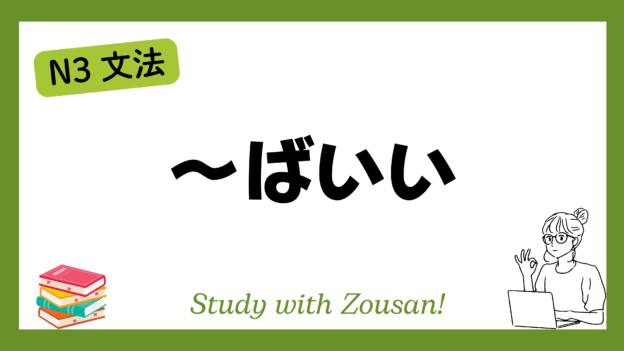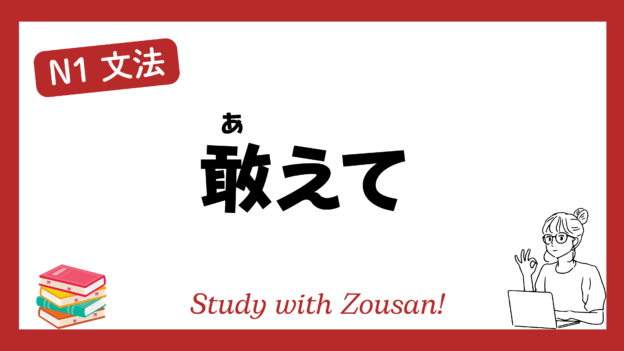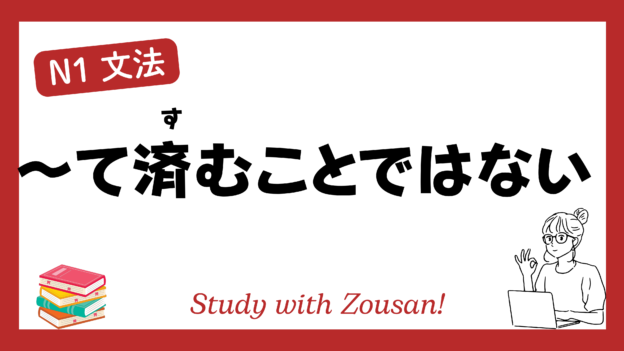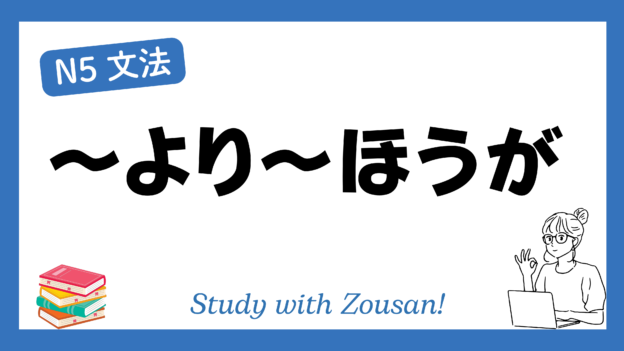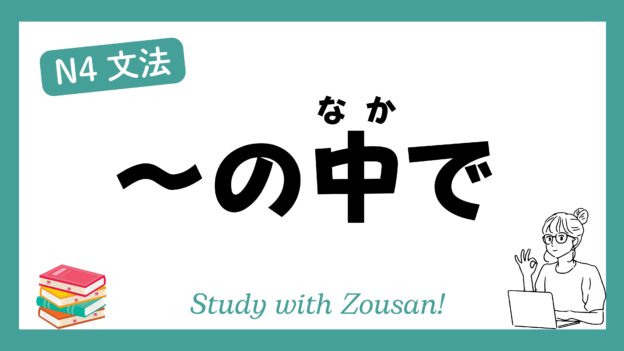N3文法:~ばいい
Meaning: “It would be good if…”, “Should…”
This structure is used to suggest a solution, recommendation, or advice. It implies that if the condition mentioned before “ばいい” is met, it will lead to a positive outcome or resolve a situation.
※Note: “~ばいい” is often used to give advice, propose a course of action, or ask for a suggestion in a polite way.
Structure:
| Verb (ば conditional form) + | いい |
Example:
-
-
-
🌟 もっと練習すればいい。
(もっと れんしゅう すれば いい。)
You should practice more. -
🌟 分からなければ、先生に聞けばいい。
(わからなければ、せんせい に きけば いい。)
If you don’t understand, you should ask the teacher. -
🌟 この問題をどう解決すればいい?
(この もんだい を どう かいけつ すれば いい?)
How should I solve this problem? -
🌟 疲れたら、少し休めばいい。
(つかれたら、すこし やすめば いい。)
If you’re tired, you should rest a bit. -
🌟 早く行けばいいと思います。
(はやく いけば いい と おもいます。)
I think you should go early. -
🌟 あの店に行けばいいですよ。
(あの みせ に いけば いい ですよ。)
You should go to that store. -
🌟 何をすればいいか教えてください。
(なに を すれば いい か おしえて ください。)
Please tell me what I should do. -
🌟 心配しなくてもいい、休めばいいんだ。
(しんぱい しなくても いい、やすめば いい んだ。)
You don’t have to worry, you just need to rest. -
🌟 彼に電話すればいいだけだよ。
(かれ に でんわ すれば いい だけ だよ。)
You just need to call him. -
🌟 もっと勉強すればいいんじゃない?
(もっと べんきょう すれば いい んじゃない?)
Shouldn’t you study a bit more?
-
-



